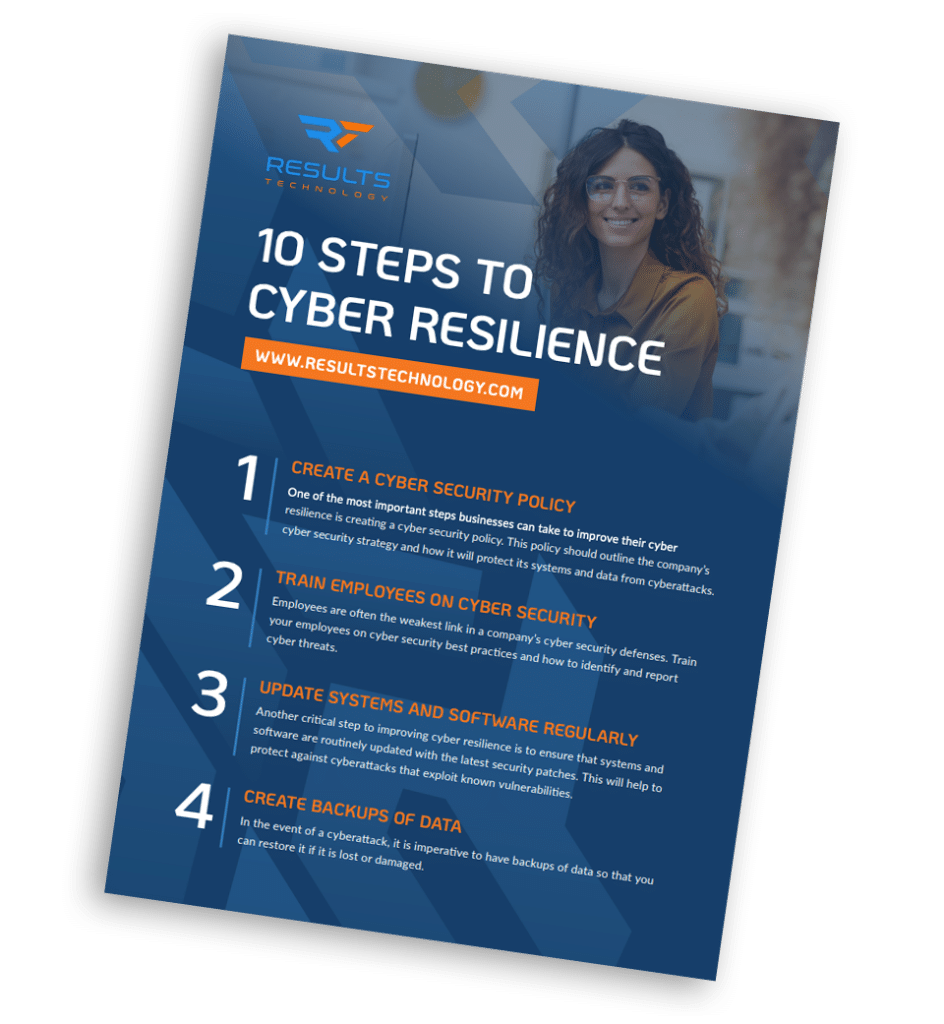Community banks aren’t immune to cybersecurity threats. In fact, like many SMBs, they may be even more vulnerable due to their smaller size and limited resources. It’s dangerous for community banks to think that they won’t be targeted by cybercriminals because of their limited assets compared to larger banks.
Cybercriminals often target community banks because they’re seen as easier targets. They may not have the same level of security protections in place as larger businesses, and they may not have the resources to detect and respond to a cyber attack quickly.
Strengthening banking cybersecurity is essential for community banks, as cyber attacks continue to become more sophisticated.
Are Financial Institutions a Primary Target for Hackers?
Financial institutions are a primary target for hackers and cybercriminals because of the sensitive and valuable information they store for clients. Confidential information like account numbers, personal contact information, and Social Security numbers are generally stored by banks, making them vulnerable when attacked.
When cybercriminals gain access to this information, it could lead to identity theft and fraud for the clients involved. Community banks are even bigger targets for hackers because they are seen as having even less sophisticated banking cybersecurity measures in place.
Community banks are encouraged to increase their lines of defense for network security, and a great way to do that is by partnering with a managed IT service provider who can help bolster and monitor online security systems.
Which Cybercriminal Activities Threaten Community Banks?
Cybercriminals launch different types of attacks to threaten community banks with vulnerable banking cybersecurity—the most common being ransomware and phishing attacks.
Ransomware is a type of malware that encrypts data on a victim’s computer, making it inaccessible. The cybercriminal will then demand a ransom payment in order to decrypt the data. This is a common tactic used to extort money from businesses, and even if the ransom is paid, there is no guarantee the hacker will return the stolen data. In the first half of 2021 alone, the financial sector paid about $600 million in ransomware attacks across the nation.
Phishing attacks are another common tactic used by cybercriminals to steal information from businesses and individuals. In a phishing attack, the hacker will send an email that appears to be from a legitimate source, like a bank or credit card company.
The email will usually ask the recipient to click on a link or open an attachment. When the link is clicked or the attachment is opened, the recipient’s computer is infected with malware that can be used to steal information or take over the machine.
Almost 75% of financial groups in 2020 saw a significant increase in cyber attacks from the onset of the pandemic. In order to protect themselves from these kinds of attacks, community banks need to have strong banking cybersecurity measures in place.
How Can Community Banks Respond to Daily Cyber Threats?
Community banks can respond to daily cyber threats by increasing their security measures. By staying knowledgeable and attentive, they can prevent damaging attacks from happening in the first place. A few specific ways to increase security are as follows:
- Security awareness training for staff
- Partnering with a cybersecurity provider
- Multi-factor authentication on all devices and applications
- Firewalls and anti-virus software
Including these tools in your bank’s cybersecurity protocol will decrease the likelihood of an attack and will provide the protection needed to avoid cyber threats.
Partner with RESULTS Technology for Banking Cybersecurity
When a community bank is the victim of a data breach, the results can be devastating. Cybercriminals who gain access to this information can commit identity theft and fraud at a client’s expense, breaking local trust and possibly causing the community bank irreparable financial and legal harm.
Entrusting your company’s cybersecurity needs to RESULTS Technology will guarantee that your network security is monitored and as protected as possible. Contact us today!


